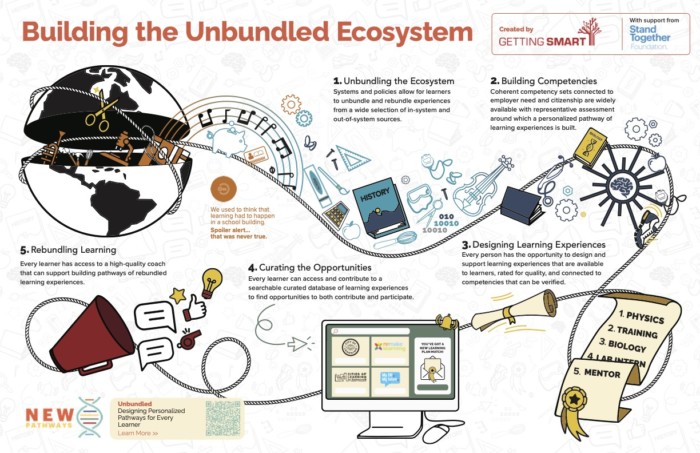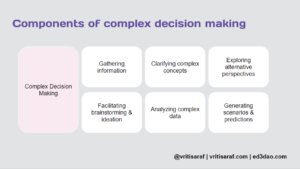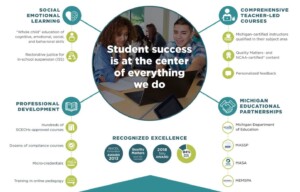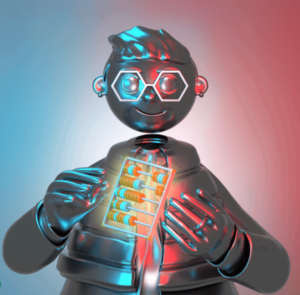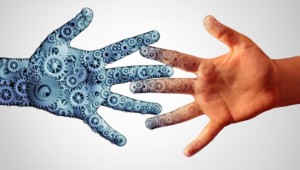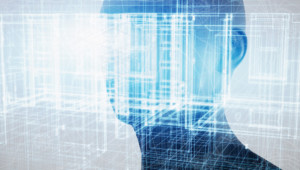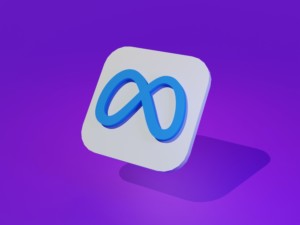Ed3
A Getting Smart Series on Web3 and the future of learning.
Today, nearly every facet of the world market is exploring or building on something called Web3, the next evolution of the world wide web. The web has gone through three iterations as a result of emerging technologies.
Web1 (Read)
The first generation of the web allowed users to consume information from largely static web pages. Most people didn’t know how to code, many didn’t have access to high speed internet, and some didn’t have access to computers at all. This meant modest adoption of the web.
Web2 (Read, Write)
As access to the web became easier with the adoption of mobile devices and nearly ubiquitous high speed internet, we saw the emergence of social media, which changed how we engaged with the web and with one another. Without knowing code, we were able to build virtual identities, unveil our inner thoughts to the world, build global relationships, and find resources for our learning, earning, and living.
Web2 also came with trade offs. It allowed big corporations to poach and store our personal identifying information and user data into centralized databases. Free products afterall, had a price. As sculptor Richard Serra said in 1973: “if something is free, you’re the product”.
Clickbait, doom scrolling, fake news, and misinformation became key ways for advertisers to monetize off of our engagement.
Web3 (Read, Write, Own)
Today, there is a beacon of hope for reversing the culture of monopolies and ads through the next iteration of the web. You’ve probably heard about blockchain, NFTs, metaverse, cryptocurrency, and other concepts that are often described with complex jargon. These technologies have actually been around for decades. Blockchain was invented in 2008, metaverse was coined in 1992, and virtual gamified environments have been around since 1962. We are finally ready for this confluence of tech because today, most of our activity lives on the web, and because COVID helped accelerate our virtual interactivity.
Web3 is grounded more in ethos than it is in tech. Here are the most important principles in web3:
- Web3 is about decentralization and self-organization.
- Web3 is about digital ownership
- Web3 is about transparency.
- Web3 is about human connectivity.
This intro comes from this blog written by Vriti Saraf and Mike Peck.
Getting Smart is continuing exploration into the rapidly evolving world of Web3 or, as some call its intersection with learning, Ed3. We hope you’ll join us.

